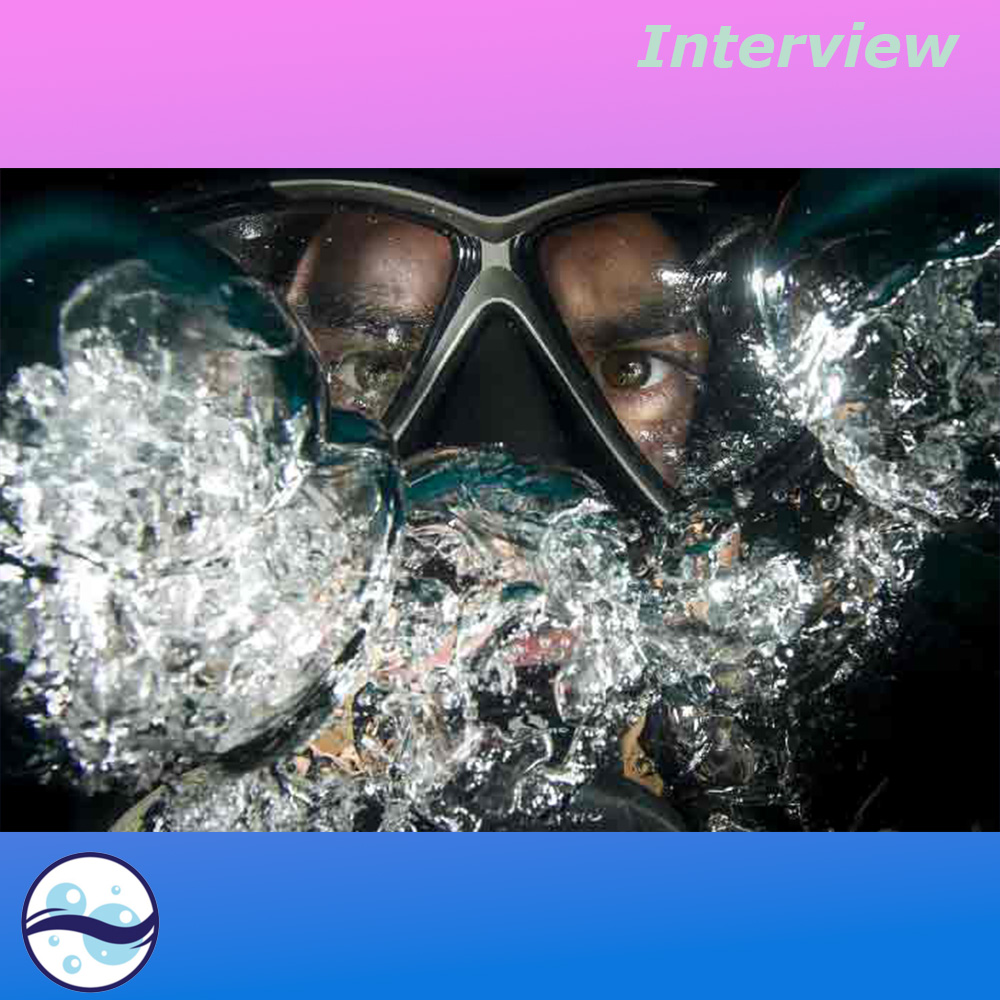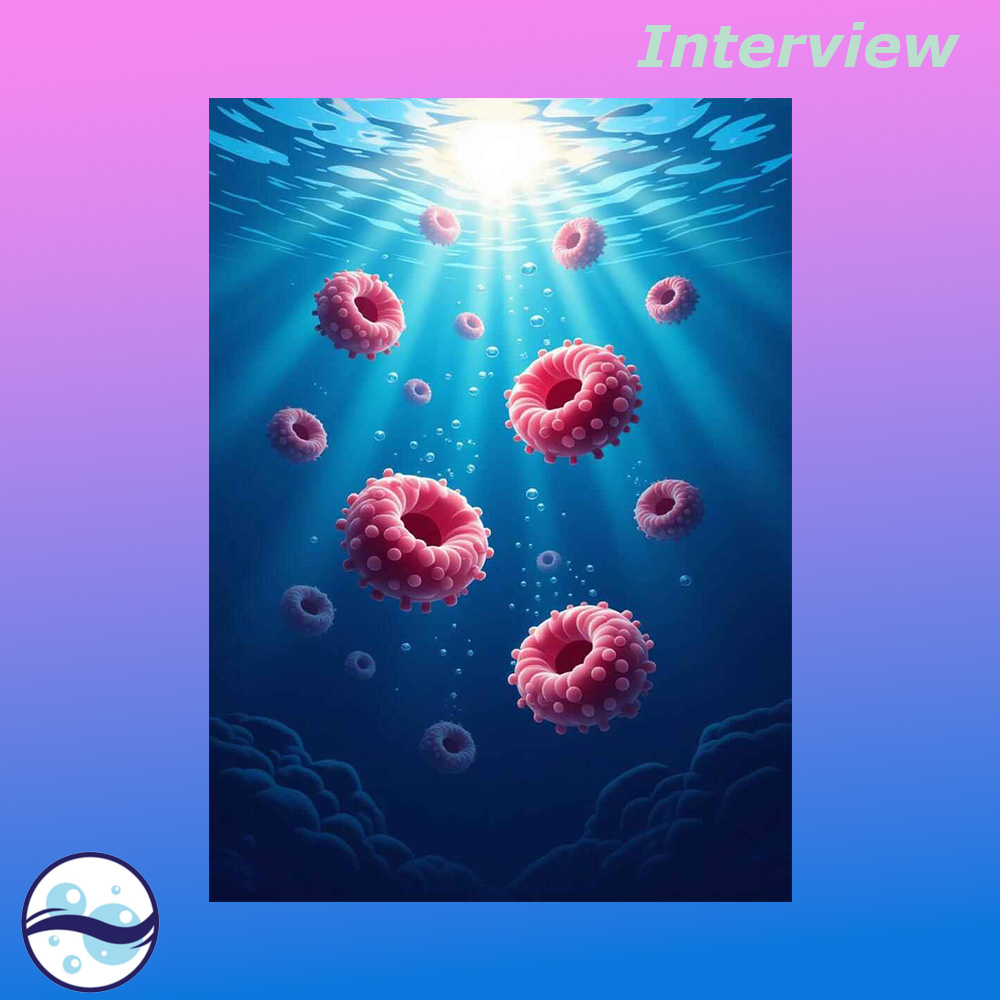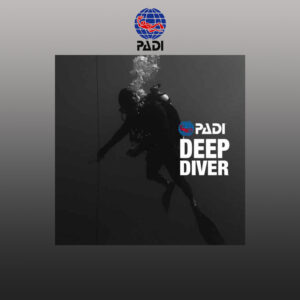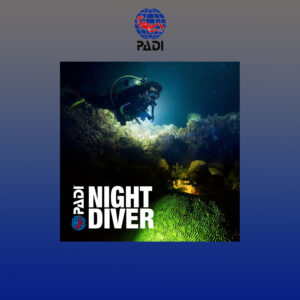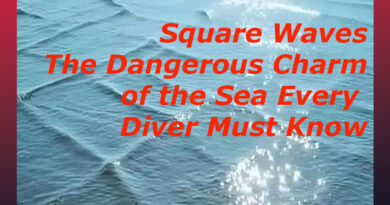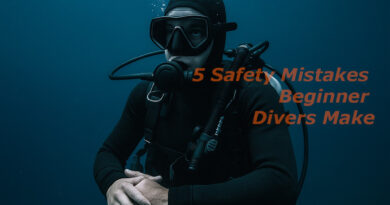Diabetes and Scuba Diving: A Conversation with Dr. Sofia Martelli
|| ScubaLiveTV || Insights || Actuality || Interviews || TV Web || History || Scuba Diving || Freediving || Video collection || Nature and Environment || Collaborate with us ||

Diabetes and Scuba Diving: A Conversation with Dr. Sofia Martelli
Diving into the silence of the deep, among corals and marine life, is a dream that captivates many. But for those living with diabetes, this passion can raise concerns: is it safe to explore the ocean floor? What precautions should be taken? To address these sensitive questions, we spoke with Dr. Sofia Martelli, a 32-year-old endocrinologist specializing in dive medicine. A passionate PADI-certified diver with over 200 dives under her belt, Sofia blends her medical expertise with her love for the sea, offering clear, evidence-based advice. With an empathetic and professional tone, she guides us through the world of scuba diving for diabetics, emphasizing that every case is unique and requires personalized medical consultation.
Francesco C. : Dr. Martelli, thank you for joining us. Let’s start with a question many people ask: is diabetes compatible with scuba diving? It’s often thought to be an absolute contraindication.
Dr. Martelli: Not anymore, and that’s a major achievement! Thanks to updated guidelines from the Divers Alert Network (DAN) and recent studies, such as a 2024 study published in Diabetes Research and Clinical Practice analyzing over 1,179 dives by people with type 1 diabetes, we know that diving safely is possible if diabetes is well-controlled. Whether it’s type 1 or type 2, recreational diving is no longer off-limits, but it requires meticulous management. A thorough medical evaluation is essential: a glycated hemoglobin (HbA1c) level below 7.5-8% and the absence of cardiovascular or renal complications are critical.
Francesco C. : What are the main risks for a diabetic underwater?
Dr. Martelli: The most significant risk is hypoglycemia, a sudden drop in blood sugar that can be exacerbated by the physical exertion of diving, cold water, or pre-dive anxiety. Think about it: the body burns more glucose during activity, and hypoglycemia underwater can lead to confusion, tremors, or, in severe cases, loss of consciousness—a serious danger during a dive. There’s also a slight increased risk of decompression sickness, but DAN data suggests it’s negligible with proper protocols. For those using insulin, the key is dose management: avoiding both hyperglycemia, which stresses the heart, and hypoglycemia, which compromises safety.
- PADI Professional Freediving Courses
- PADI Freediving Specialty Courses
- PADI Freediving Recreational Courses
Francesco C. : How should a diabetic prepare for a dive? Are there practical tips you recommend?
Dr. Martelli: Preparation is critical and starts well in advance. First, you need a dive-specific medical certificate, required by agencies like PADI or SSI, confirming good glycemic control. On dive day, I recommend checking blood sugar before entering the water—ideally between 150 and 250 mg/dL—and bringing fast-acting snacks like glucose gel or bars. Keeping a log of blood sugar levels, insulin doses, and dive details is helpful. For insulin users, reducing the basal dose by 20-30% on dive day and adjusting the bolus based on food and activity is common practice. Underwater, a dive computer with glycemic alerts is a valuable tool, and never dive alone: your buddy must know about your condition and how to respond. After the dive, check your blood sugar again and stay hydrated. I suggest short, shallow dives at first, avoiding alcohol or fasting.
Francesco C. : For a beginner with diabetes approaching diving, what suggestions do you have to make the experience safe and positive?
Dr. Martelli: Start with courses in confined water, like a pool, to get used to the physical demands in a controlled setting. Look for dive centers with instructors trained in medical conditions—many follow specific DAN protocols. The mental aspect is just as important: anxiety can affect blood sugar, so relaxation techniques like deep breathing are useful. When managed well, diving is an aerobic exercise that improves insulin sensitivity and reduces stress, a huge benefit for diabetics. I’ve seen type 1 patients discover a passion that enhanced their quality of life. But the message is clear: listen to your body and always consult your doctor before starting.
Francesco C. : A final message for those dreaming of diving despite diabetes?
Dr. Martelli: Diabetes isn’t an insurmountable barrier; it’s a challenge to tackle with preparation and awareness. With the right precautions, the abyss can become an accessible and even therapeutic experience. Talk to your doctor, join communities like DAN’s groups for diabetic divers, and dive with confidence—but always with responsibility. The sea is open to everyone; just explore it with care.
This conversation with Dr. Martelli reminds us that scuba diving, like managing diabetes, is a matter of balance. If you’re thinking about diving, consult your doctor: it could be the start of an extraordinary adventure.
